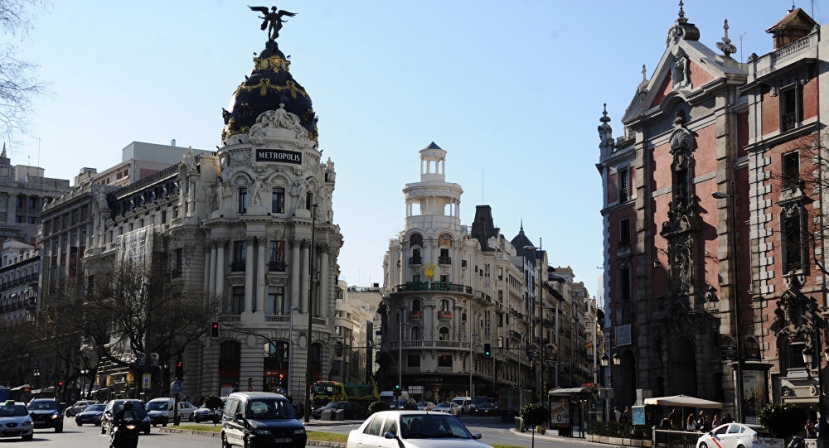A report by the Reputation Institute consulting company said that the tourist flow to Spain could go down by as much as 15 percent, which would mean that Madrid could consequently lose 12 billion euros (more than $14.2 billion) due to the crisis caused by Catalonia's attempt to secede.
According to the report presented on Wednesday in Madrid, six out of 10 Europeans believe that the Catalan crisis has had a negative impact on Spain's image, while four in 10 said that the country's attractiveness for investments had also decreased.
The report added that due to the decrease in investment attractiveness, the European nation could lose about 1.95 percent of foreign investments.
The consulting company based its reports on a survey carried out by Reputation Institute among 1,400 people in different European countries, aimed to visualize the evolution of the Spain brand reputation and identify the impact of recent events in the region. Countries surveyed included Belgium, France, Germany, Italy, Netherlands, Portugal, Spain, and the UK.
Catalonia held an independence referendum on October 1, with over 90 percent of the 2.26 million Catalans who participated in the vote supporting the region's secession from Spain. Madrid called the vote illegal and subsequently dissolved Catalonia's government. Besides, Spanish Prime Minister Mariano Rajoy dismissed the Catalan President Carles Puigdemont, who in turn left the country for Belgium in late October. In early November, the Spanish authorities issued an arrest warrant for the Catalan politician and several of his supporters. On November 17, the Brussels prosecutor's office demanded that Puigdemont and the ministers be extradited to Spain.
On December 13, Rajoy expressed hope for a dialogue restoration between the new Catalan government, which is set to be formed following regional elections on December 21, and the incumbent Spanish authorities.
While delivering a speech to the lower house of Spanish parliament Rajoy said he hoped for "a normal and civilized dialogue as it has always been since 1978", noting that this was only possible with "the respect of the rules of coexistence."

